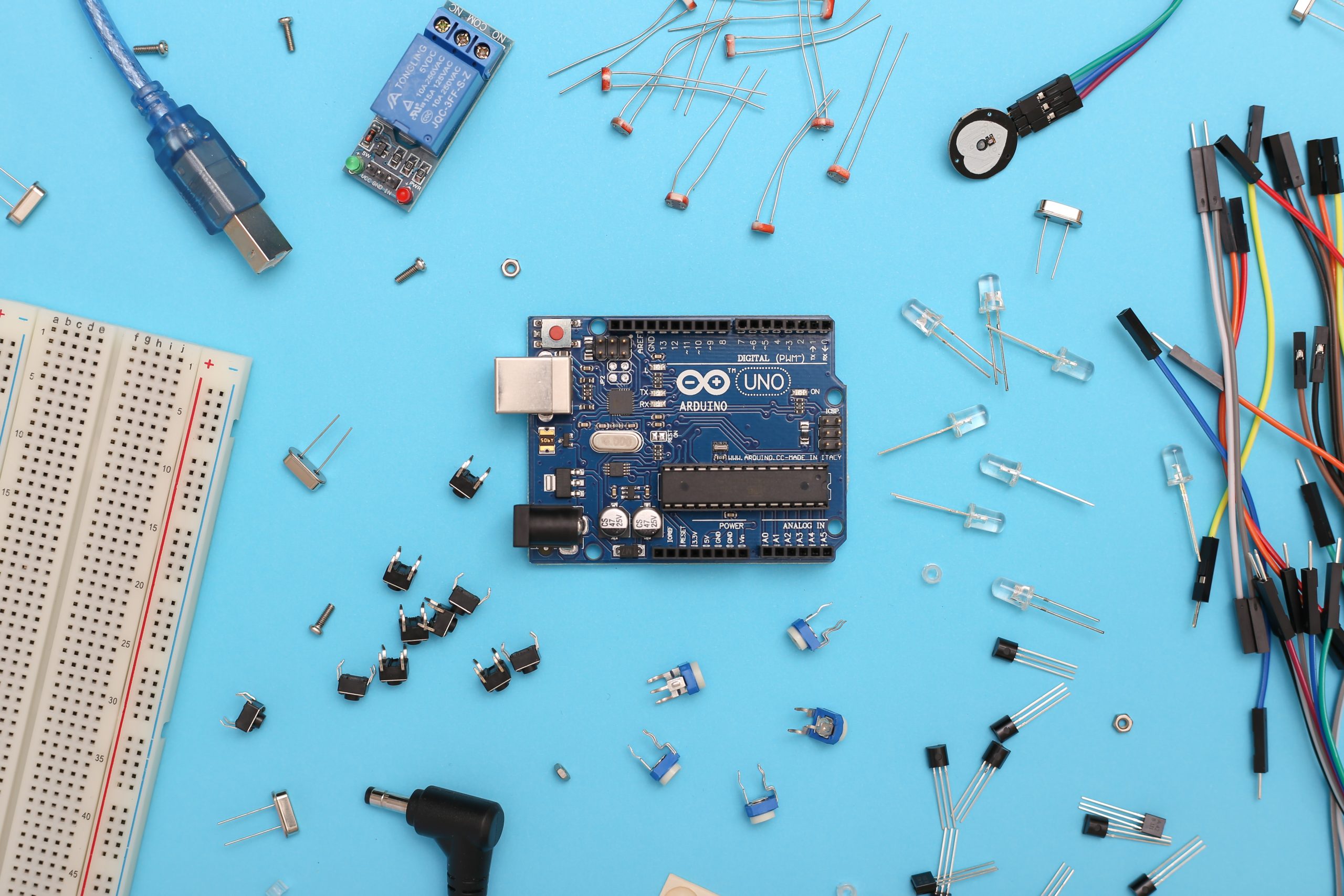Solar Cables
Solar cables play a crucial role in the efficient transmission of solar-generated electricity from photovoltaic (PV) panels to various components within a solar power system. These cables are designed to withstand the unique challenges presented by solar installations, ensuring a reliable and safe energy transfer.
Key Features
UV Resistance: Solar cables are engineered to withstand prolonged exposure to sunlight. UV-resistant materials protect the cables from degradation caused by the sun’s rays, ensuring long-term durability.
Weather Resistance: As solar installations are often exposed to varying weather conditions, solar cables are designed to resist extreme temperatures, moisture, and environmental factors to maintain optimal performance.
Low Smoke Emission: In the event of a fire, solar cables emit low levels of smoke, enhancing safety in both residential and commercial applications.
High Temperature Tolerance: Solar cables are built to handle high temperatures generated during peak solar exposure. This ensures that the cables maintain their structural integrity and electrical conductivity.

Types of Solar Cables
Photovoltaic Wire (PV Wire): Specifically designed for solar power applications, PV wire is a common choice for connecting solar panels to the rest of the system. It comes in various gauges to accommodate different installation sizes.
Direct Burial Cable: Used for underground wiring, direct burial cables protect against environmental factors and are suitable for solar installations where burying cables is necessary.
Concentrated Solar Power (CSP) Cables: These cables are designed for large-scale solar thermal power plants, where concentrated sunlight is used to generate steam and drive turbines.

